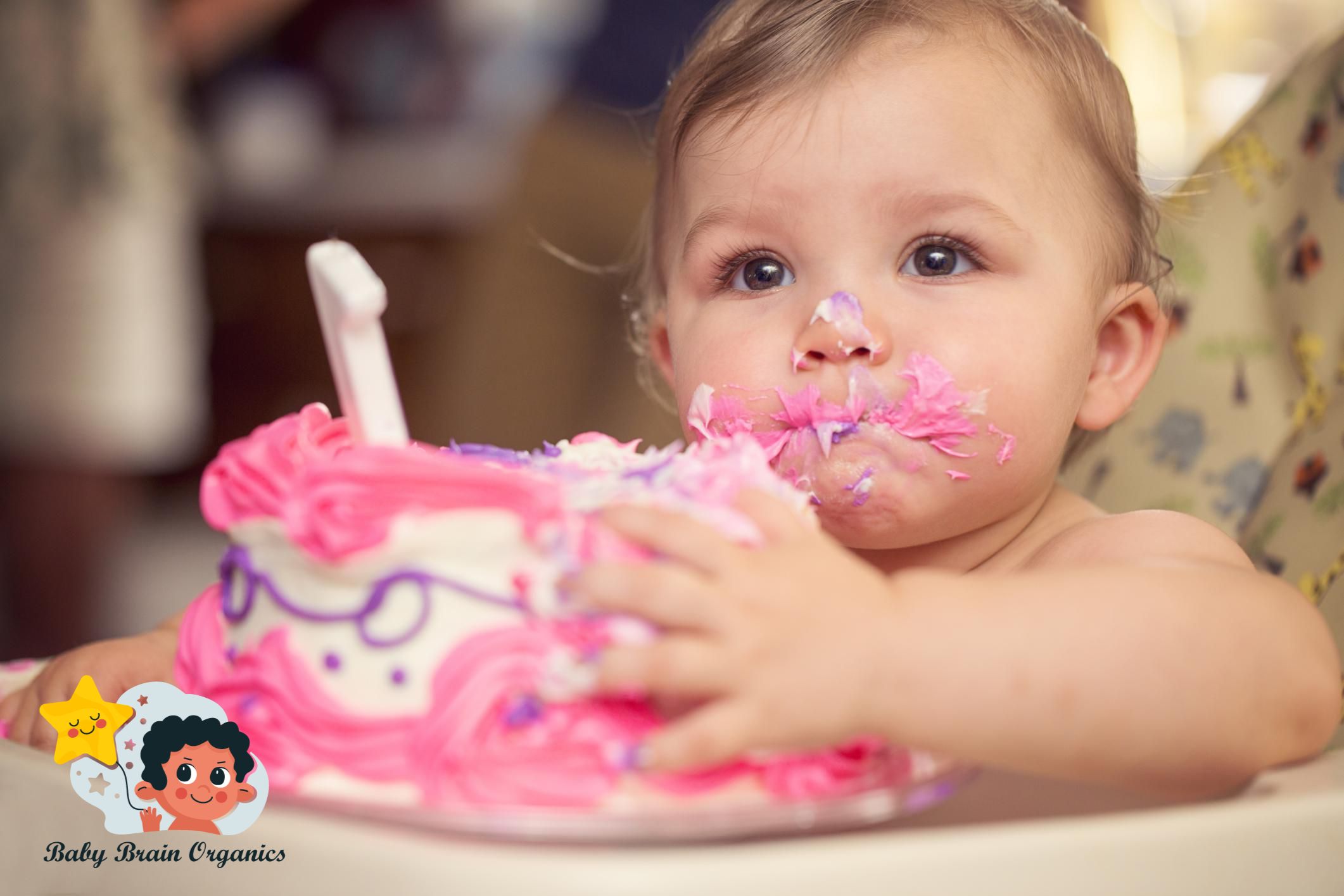Babies are born dependent on their parents and caregivers for everything, but this dependence starts to decrease at around twelve months old.
As your baby learns more about the world around them, they will develop an independent personality. This article discusses how you can help your baby as they begin to mature while remaining a dependable parent!
Introduction
Many changes happen in a person’s first year – they grow, learn, and develop relationships – but one thing remains the same: a baby is still your dependent.
That means you should expect to take care of them and do everything possible to make their life as comfortable as possible.
Many people think that after a baby’s first year, they’re ready to be independent and self-sufficient. But that’s not always the case.
Many babies need lots of help from their parents in their first year – even if they don’t seem to understand it at the time.
Here are some things you should keep in mind when it comes to taking care of your baby in their first year:
– Baby needs plenty of sleep. A baby needs around 12 hours of sleep per day, so make sure you get enough sleep yourself,
so you’re able to give your baby the same amount of rest. If you struggle to get enough sleep, talk to your doctor about possible solutions.
– Baby needs consistent feeding times. A baby’s feeding schedule is very important – they need consistency, so they know when they’re getting food and when they
What to Expect in Your Baby’s First Year
When you are expecting your baby, there are going to be a lot of changes that take place in your life. You may have to adjust to new sleep patterns,
new morning routines, and more. However, learn what to expect in your baby’s first year, and you can start making these adjustments and enjoying the new journey with your little one.
Your baby’s brain is growing incredibly during their first year. By the time they reach one year old, their brain has grown by about 20%.
This means that they are learning new things faster than ever before and developing several skills that will help them throughout their lives.
Here are five things to expect in your baby’s first year:
- Your baby will become more active. Babies born at full term Active babies spend more time moving around and exploring their world than passive babies.
- This activity will help them develop motor skills, balance, and coordination.
- Your baby will become more verbal. By 12 months, most babies have begun babbling and saying simple words such as “mama” or “dada.” This is a sign that they are
The Importance of Breastfeeding
The benefits of breastfeeding are well-known, but the importance of breastfeeding in the first year is often overlooked.
Breast milk provides important nutrients and antibodies to help your baby develop and grow properly. Breast milk also helps to regulate your baby’s sleep and feeding habits, making them content and healthy baby.
On What is Dependent?
When people refer to a person as “dependent,” they usually mean someone who can’t function on their own. However,
in the context of parenting, dependence often refers to a child’s need for their parent(s) during their first year of life. This need is sometimes referred to as “primary dependency.”
Dependent children have difficulty regulating their emotions, are less mobile and vocal, and may have difficulty feeding themselves.
They may also have trouble sleeping through the night or resisting crying when they don’t feel safe or secure.
While primary dependency is normal during the first year of a child’s life, it doesn’t mean that your baby is dependent or immature.
Dependent children require close attention and love from their parents to thrive. Most experts believe that the best way to
help dependent children grow independent is for their parents to provide them with as much support as possible during this crucial time.
If you notice any changes in your baby that suggest they may be dependent, don’t hesitate to reach out for help. There are many resources available to parents who
How Does a Newborn Move?
Your newborn still relies on you for many basic needs in their first year. In the first few weeks of life, they’ll need to be nursed regularly and will sleep for most of the day.
After about six to eight weeks, your baby will start to take short naps during the day and may become more active at night. By one-month-old, your baby will be able to drink milk from a cup, roll over and start to crawl.
How Does a Newborn Feed Themself?
A lot has changed in the first year of life for a newborn. They have grown so much, and their world has shrunk to just them and their mom or dad.
But despite all the changes, one thing remains the same- a newborn is still a baby who needs to be fed and cared for. Here are some tips on how to care for your new baby while they feed themselves:
– First, make sure you have everything you need on hand to feed your baby. This includes formula, bottles, nipples, pacifiers, and burp cloths. If breastfeeding, ensure you have enough supplies, too- like a breast pump and plenty of milk.
– Next, get comfortable feeding your baby. You’ll want to be sitting close to them so that you can easily reach them and help guide their mouth to the bottle or nipple.
And don’t be afraid to give your child lots of pacifiers or toys to keep them occupied while you feed them. Playing with them during feeding will help them learn how to associate eating with pleasure.
– Finally, be patient while your baby feeds. It can take some time for them to get the hang of
Conclusion
As your baby transitions from being completely dependent on you to become more independent, it can feel like they are slowly taking away some of your power.
In reality, though, their ability to self-reliance is growing by the day, and in some ways, this process is quite exciting. Here are a few tips to help make this transition as smooth as possible for both of you:
1) Make sure you establish clear boundaries with your baby early on. Discuss what is and isn’t acceptable behavior, and ensure that you are on the same page.
This will help avoid unnecessary conflict later on and ensure that your relationship remains positive throughout the year.
2) Be patient – don’t try to rush things along or do everything yourself. Let them explore their environment, experiment with new foods and activities, and take the time they need to learn how to function independently. Remember – independence is a gradual process!
3) Communicate regularly – whether it’s




